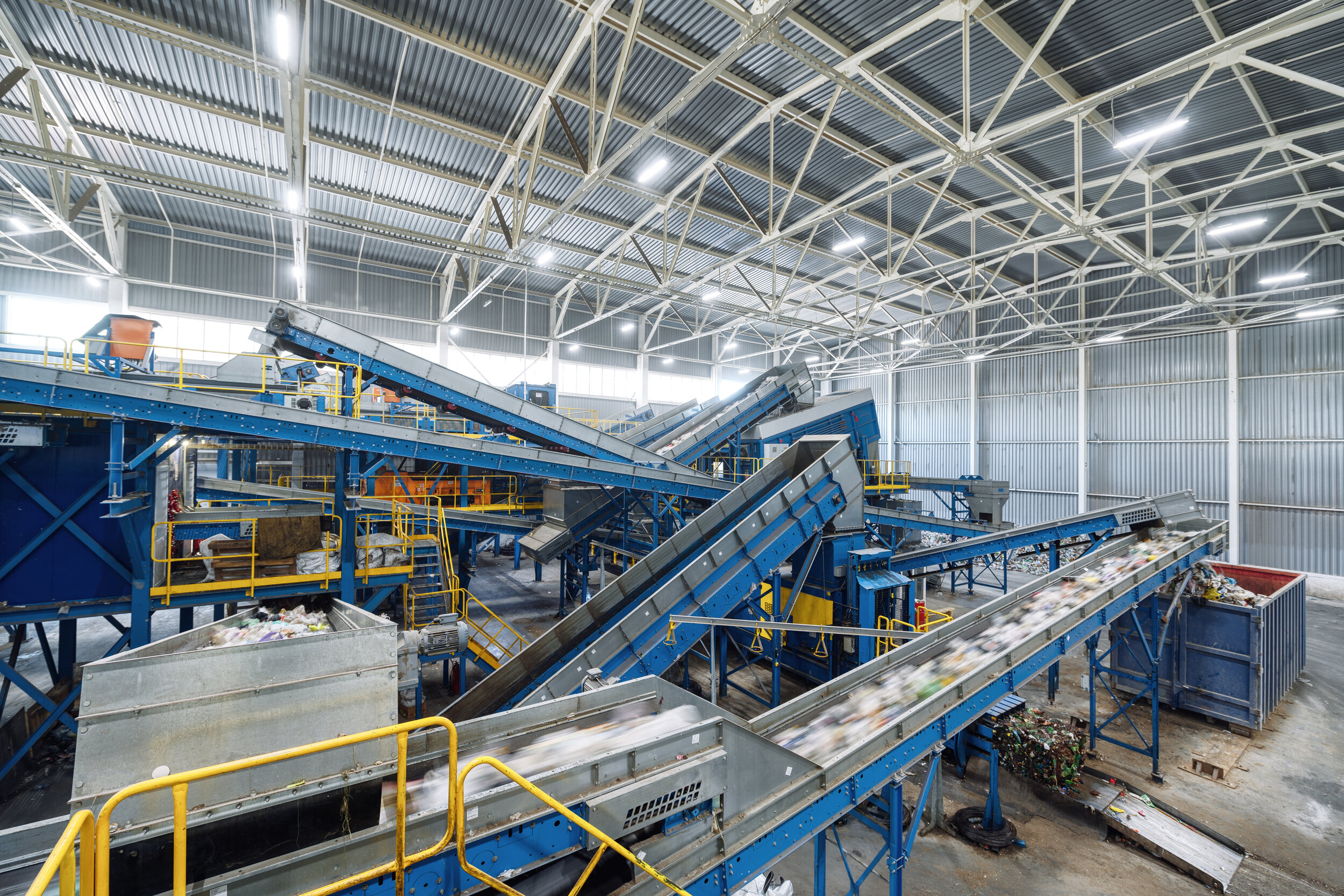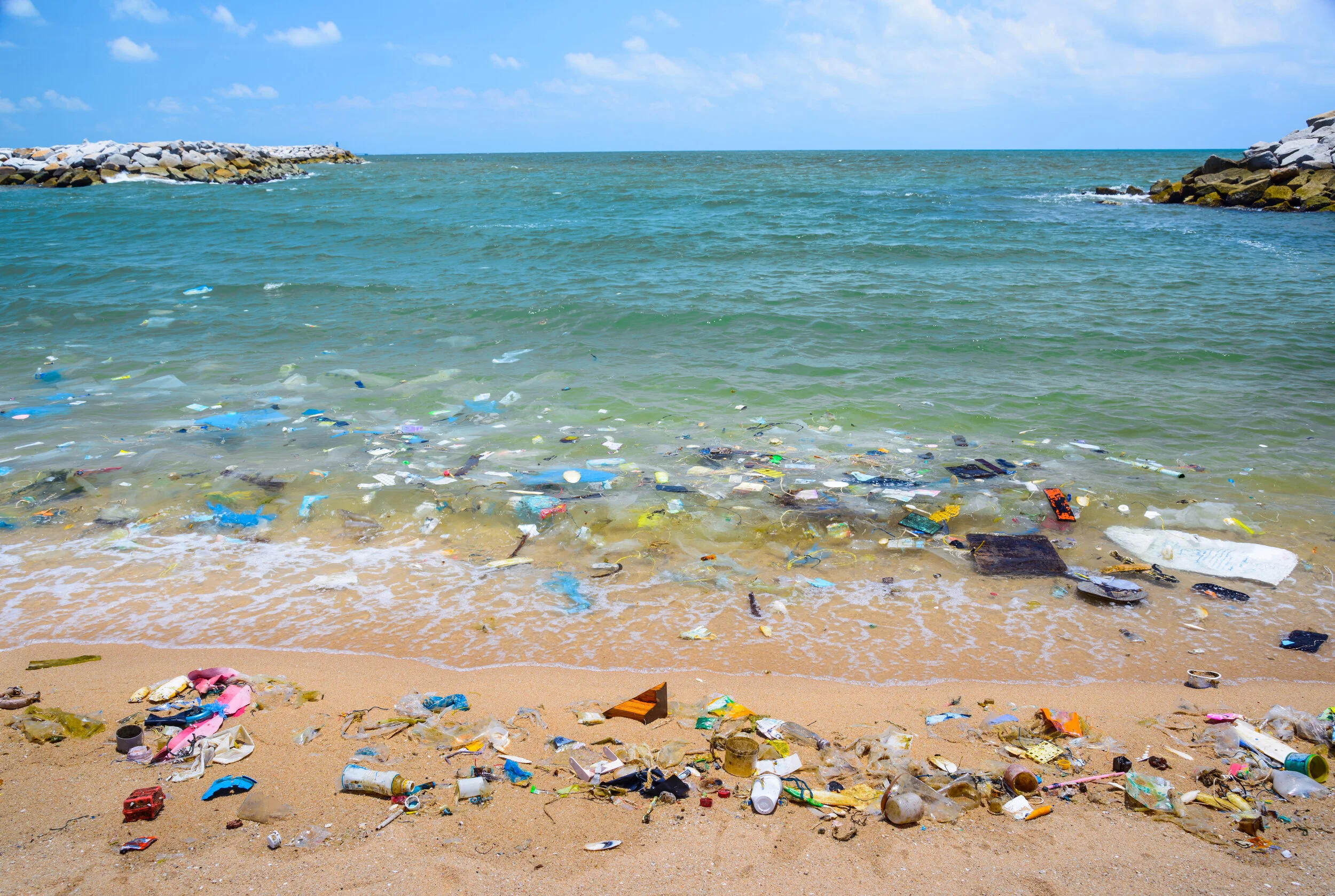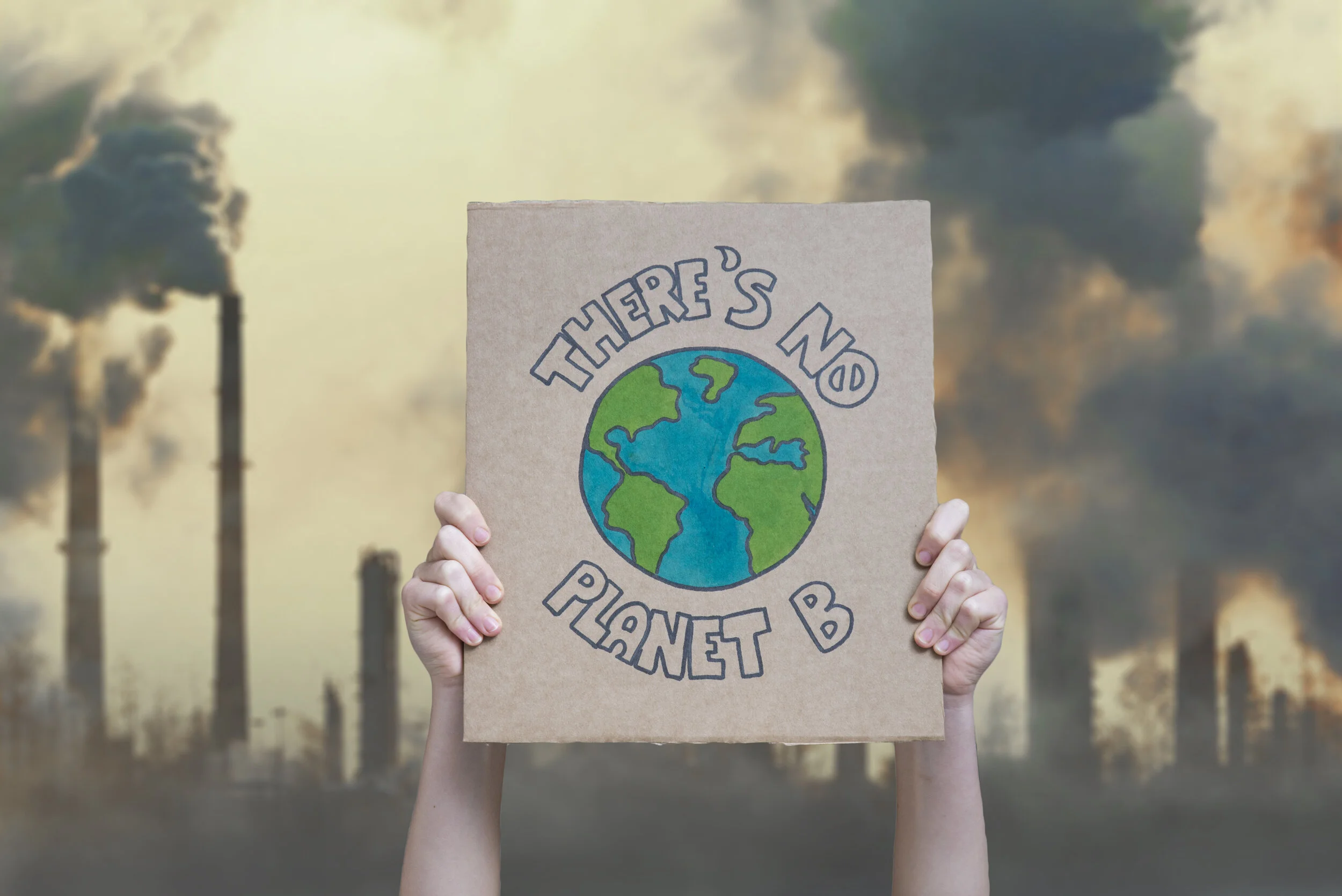circular economy
circular economy program
At As You Sow, our Circular Economy program seeks to reduce and eliminate waste through engaging companies on minimizing natural resource extraction, designing products for longevity, reuse, and repair and — only when necessary — recycling. Our current work primarily focuses on plastic packaging design, use, reduction, and recycling. We remain concerned about reduction of all kinds of packaging and product waste but the grave and growing plastic pollution crisis demands our foremost attention.
+ Why prioritize engaging companies on waste?
- Half of the 367 million tons of plastic produced annually are designed for the dump — for single-use purposes — and then to be thrown away. More than one third of all plastics produced are used in packaging, including food and beverage containers, about 85% of which ends up in landfills or as unregulated waste.
- Significant use of single-use plastic packaging is perpetuating climate chaos by supporting the continued consumption of oil and gas when the world needs to drastically reduce such consumption. About 98% of single use plastic is derived from fossil fuels. By 2030, plastic pollution is expected to double, and the carbon emissions of plastic are expected to be greater than those of coal.
- For many years As You Sow primarily pressed companies to make their packaging reusable, recyclable, or compostable. Improved recycling still represents part of the solution but recycling on its own will not solve the world’s plastic pollution crisis. We simply produce too many single-use and disposable items that hold too little value to be collected and recycled. In the U.S., less than half of the population even has access to automatic recycling, and in those municipalities that do, many items still must be landfilled or burned.
- The United States produces 12% of the world’s waste, more than any other country, yet holds just 4% of the global population. Until 2018, the United States shipped most of its waste to other countries, usually ones with less developed waste management and recycling infrastructure. With the export option now severely restricted, producer companies must invest in expanding and improving waste management and recycling infrastructure in the countries they operate in.
- U.S. recycling rates lag behind many other developed countries. Well-managed recycling can be a model for a circular economy, but unlike most other developed countries, recycling and trash collection in the U.S. is paid for almost entirely by citizens. Producers that put waste into commerce must pay for these costs. We are pleased that after a decade of As You Sow efforts to encourage companies to take financial responsibility, four states including California have adopted producer responsibility laws for packaging as of November 2022.
- Reduced production and use of single-use plastics must be the foundation of global efforts to eradicate plastic waste. A groundbreaking study, Breaking the Plastic Wave by Pew Charitable Trusts, concluded that to achieve an 80% reduction of flows of plastic waste into oceans by 2040, companies using plastic packaging should reduce at least one-third of plastic demand through elimination, reuse, and new delivery models. A recent study for the U.S. Congress by the National Academies of Sciences, Engineering and Medicine suggests a national cap on virgin plastic production.
+ Recent As You Sow Victories for a Circular Economy
- 2022 – Coca Cola agrees to increase use of refillables to 25% of total sales by 2030
- 2022 – PepsiCo agrees to increase sales in refillables, amount to be determined by end of 2022
- 2022 - Church & Dwight and Kraft Heinz agree to set new plastic packaging reduction goals
- 2021 – Microsoft agrees to expand consumer options for device repairability
- 2021 - Five major companies agree to reduce use of virgin plastic – PepsiCo, Walmart, Target, Mondelez, Keurig (cumulative 700,000 tons)
- Since 2019, seven major petrochemical companies have committed to begin public reporting on spills of plastic pellets, or nurdles –Dow Chemical, DuPont de Nemours, Chevron Phillips Chemical, Exxon Chemical, Eastman Chemical, Westlake Chemical and Occidental Chemical
You can find all our recent circular economy resolutions on our resolutions table.
+ Unique Original Research
- 2021: Corporate Plastic Pollution Scorecard, an expanded ranking of 50 of the largest consumer-facing corporations on plastic pollution
- 2020: Waste & Opportunity Report ranking 50 of the largest consumer-facing companies on efforts to prevent plastic pollution
- 2015: Ranking and benchmarking report on packaging sustainability in the beverage, fast food, and consumer goods sectors
- 2012: Original research concluding that $11 billion of recyclable materials are trashed annually
- 2006, 2008, 2011: Ranking reports and analysis on packaging sustainability in beverage sector.
+ Sustainable Development Goals
Our work directly promotes achievements of several U.N. Sustainable Development Goals, including Goal 6 on clean water and sanitation, Goal 12 on sustainable consumption and production patterns, and Goal 14 on reducing ocean pollution.











